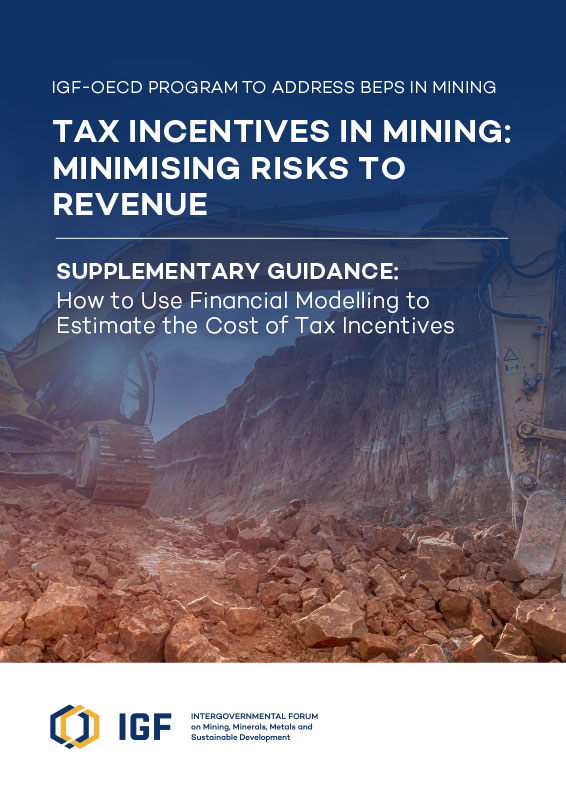In a world of mobile capital and profits, many developing countries use tax incentives in the hope of attracting domestic and foreign investment. Their effectiveness, however, has often been disputed, not least in relation to the mining sector, which involves location-specific resources that cannot be moved. Tax incentives are also costly, leading many countries to forgo vital revenues in exchange for often illusive benefits.
Nonetheless, governments may determine that they would still benefit from introducing tax incentives for the mining sector because of some specificities in their jurisdiction. For example, changing tax arrangements may appear easier to deliver than other investment-promoting actions such as infrastructure. In such cases, tax incentives need to be carefully designed to be effective (that is, to achieve their policy objective) and efficient (the policy goal is achieved at the minimum cost to government revenue).

